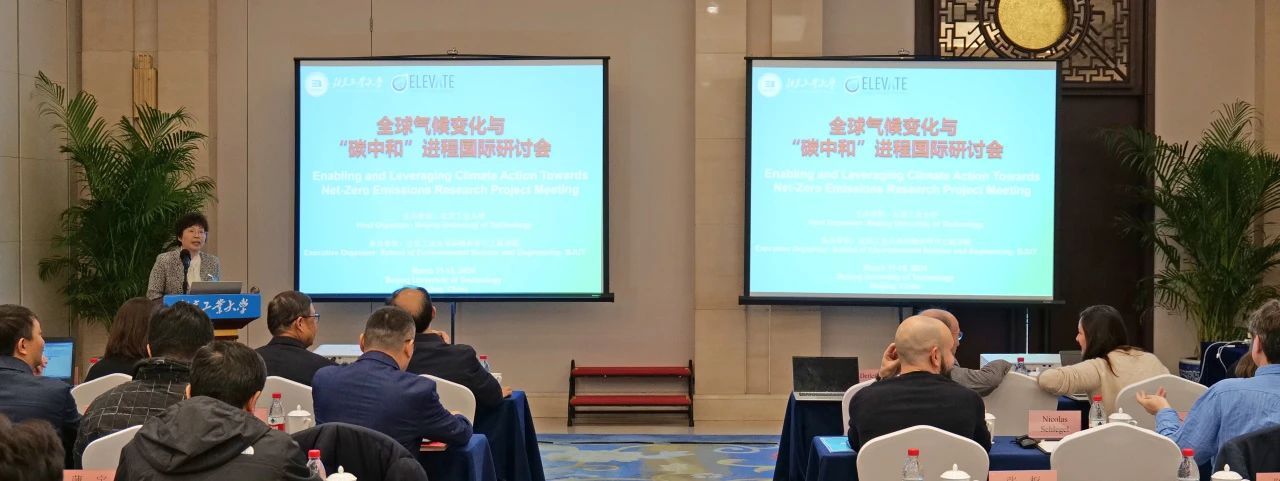
In order to promote global action against climate change, BJUT hosted an international symposium focused on the "Enabling and Leveraging Climate Action towards Net-zero Emissions Research Project" from March 11th to 15th. The theme of this symposium was "Global Climate Change: Current Research Status and Future Paths of the International 'Carbon Neutrality' Multilateral Research Process". The seminar covered topics including global climate change policies, net-zero emissions research, zero-carbon policies of various countries, and strategies for industrial energy transition.

Nie Zuoren, President of BJUT and member of the Chinese Academy of Engineering, delivered a welcoming speech at the opening ceremony. He pointed out that climate change is a global challenge that requires joint efforts from all countries and all walks of life. In recent years, BJUT has been focused on achieving carbon peaking and carbon neutrality goals, as well as promoting research and practical applications for environmental protection and sustainable development. The University has listed "carbon neutrality" as one of its four specialty disciplines, establishing the College of Carbon Neutrality Future Technology, and training innovative talents in the field of carbon peaking and carbon neutrality. BJUT is deeply integrated into, and serving, the capital city's high-quality development. He hoped that this symposium would encourage experts and scholars from around the world to work together and share their knowledge in this field, uniting their efforts to make significant contributions to promoting global action against climate change.
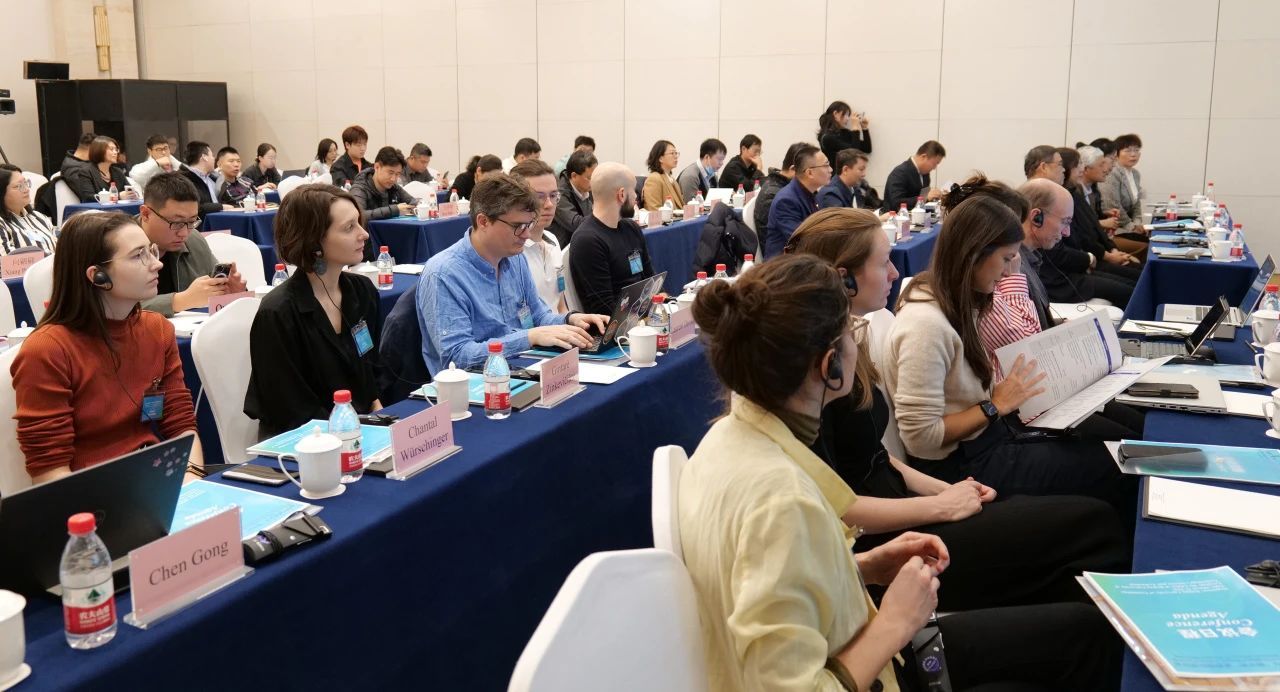
As one of the annual symposiums of the "Climate Action towards Net-Zero Emissions Research Group", which is part of the European Union's Horizon 2020 Framework Program, this symposium aimed to promote international exchange and cooperation in relevant fields, with the goals of exploring innovative solutions to reduce greenhouse gas emissions, tackling climate change, and facilitating a global low-carbon energy transition.

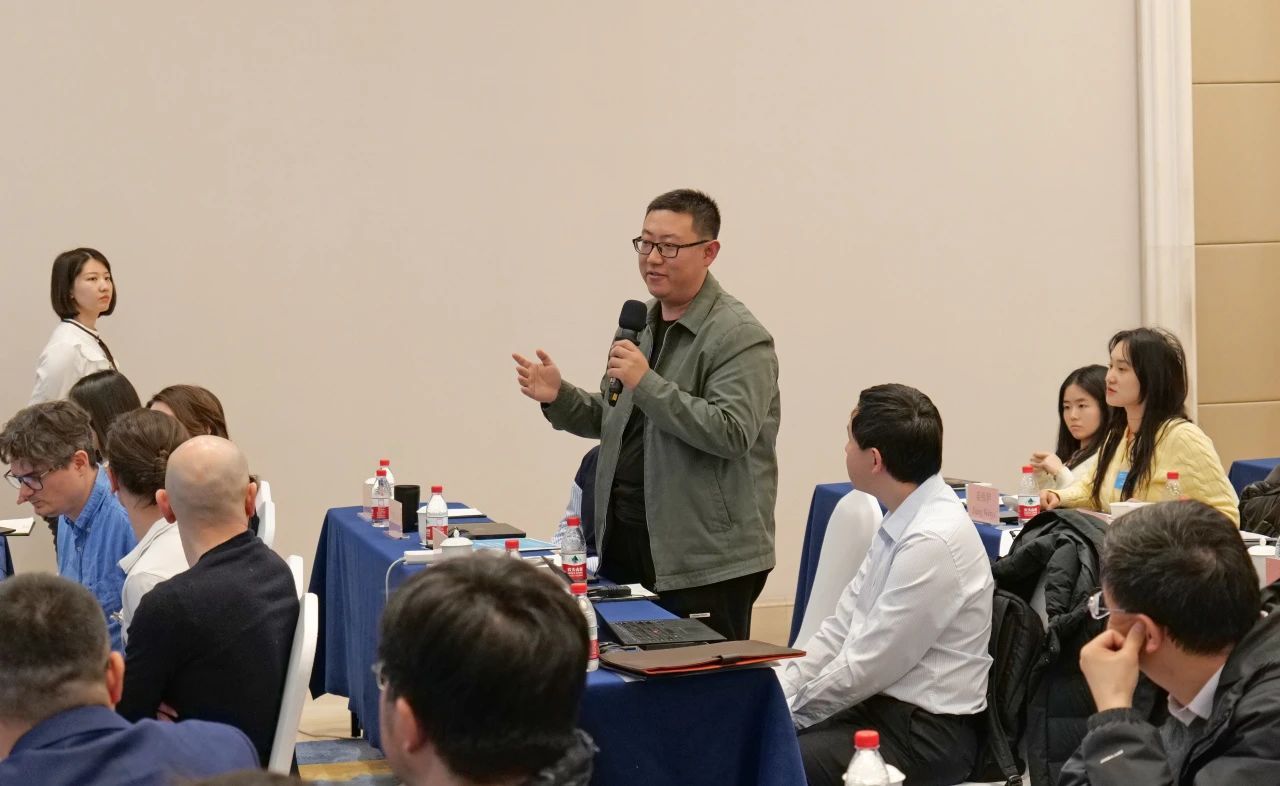
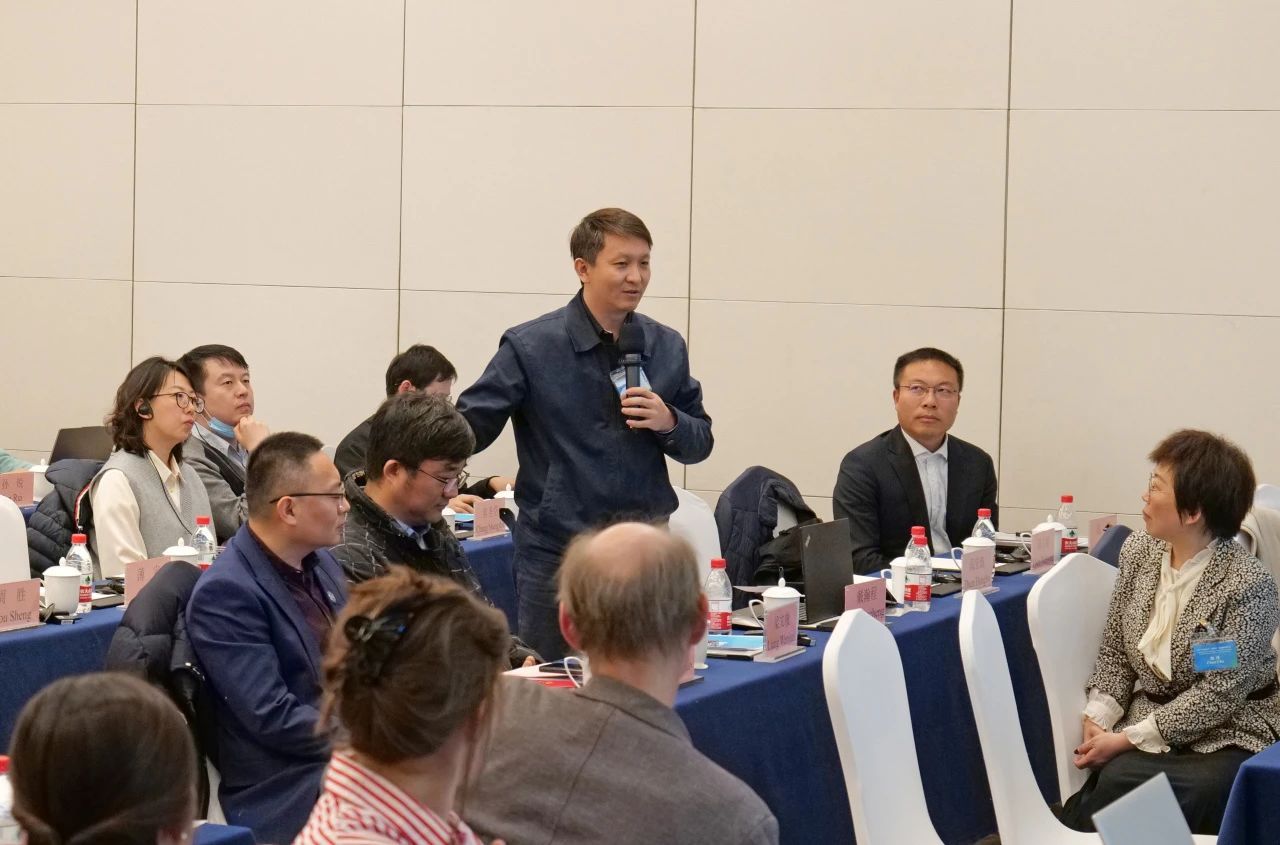
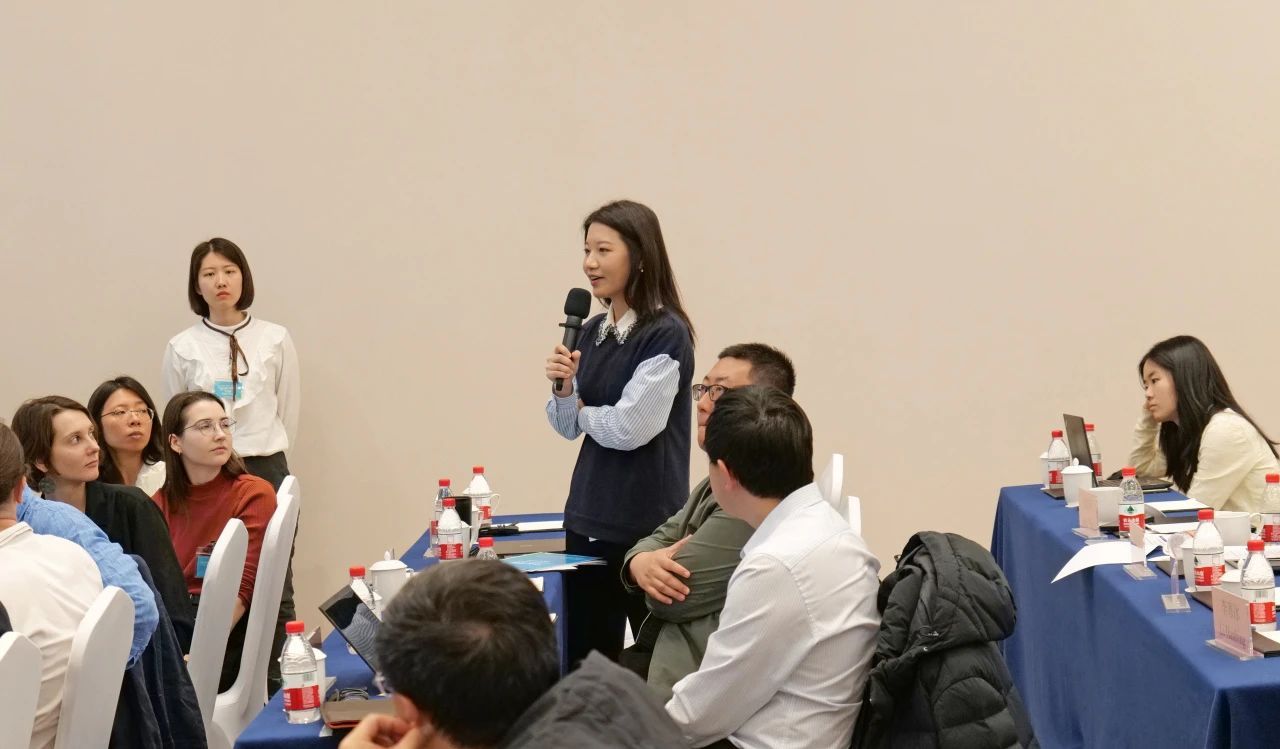
The symposium provided a comprehensive introduction to the development, design, and the immediate future steps of the "Climate Action Towards Net-Zero Emissions Research Project". It also covered the latest developments in global climate change policies. More than 50 well-known scholars and experts from 17 countries, including China, the United States, the Netherlands, Germany, France, Denmark, Austria, and Greece, had extensive in-depth discussions on topics such as climate policy analysis, research on the effects of net-zero incentives, the current status of zero-carbon policies in various countries, and strategies for industrial energy transition. They shared their latest research findings at the symposium.







